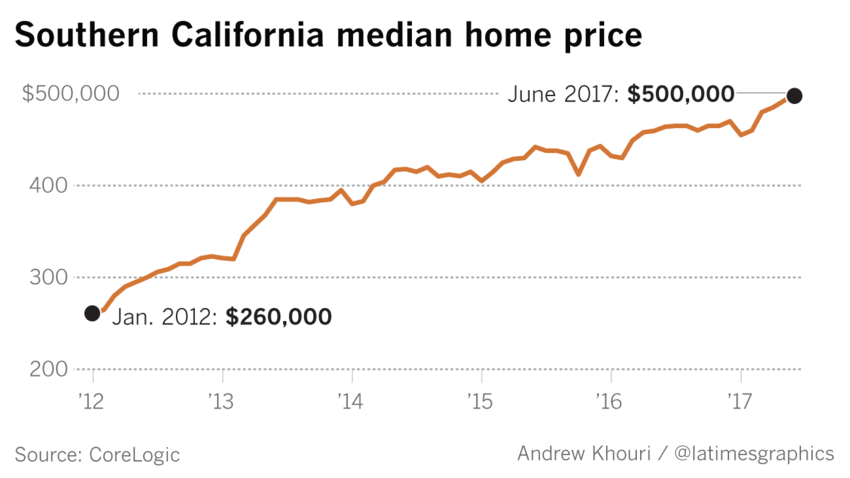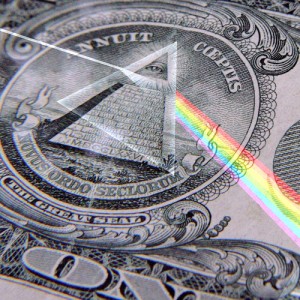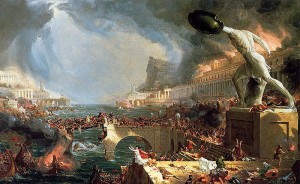So, we have an anti-Russia sanctions bill moving through Congress, which will increase sanctions on Russia and include fines on non-American companies who do business with Russia in specific ways. It will remove Trump’s ability to remove sanctions. While Trump could veto it, the two versions (House and Senate) both passed with super-super-majorities (the Senate version is 98-2).
The White House has indicated that Trump will likely pass it, and if he doesn’t, will seek a “harsher” bill.
Meanwhile Russia has expelled 755 diplomats and seized two US diplomatic buildings in Russia, a move which brings American diplomatic numbers in Russia to the exact same number as Russian diplomats in America. This is in retaliation for Obama’s seizure of two buildings and removal of Russia diplomats just before he left office.
Russia had put off retaliation in hopes that Trump would reverse Obama’s action.
One of the few good things one hoped for with respect to the Trump administration was an improvement in US-Russia relations.
But Russia hysteria is in full swing in the US; red-scare reborn, based on accusations that Russia put Trump in the White House. A lot of people believe this, there were certainly plenty of contacts between various Russians and the Trump campaign, and heck, Russia probably did prefer Trump, hoping he’d undo sanctions and be less hostile.
(Meanwhile, the US appears to be working to overthrow the Venezuelan government.)
Proof of significant action by Russia is lacking. It may be that some minor help was given, but I have yet to see any proof that hacking was ordered by the Russian government, only repeatedly asserted by a variety of intelligence agencies, all of whom have a long record of lying when convenient.
If interference did occur, it appears to have amounted to “release of true information that was harmful to Clinton.”
If this is worthy of sanctions, then the rest of the world should lock up America and throw away the key given America’s actions; repeatedly not just interfering in elections, but overthrowing governments–including democratically elected ones.
It is worth remembering, again, that Russia has enough nukes to destroy the world, and so does America. Good relations are in the interest of world survival.
It is perhaps also worth looking, with a cold eye, at whether America or Russia, over the last 20 years or so, has done more harm to other countries and their citizens? If you are honest in the exercise, you might begin to wonder who is the greater threat.
Meanwhile, we also have more sanctions against Iran and North Korea coming down the pipe.
North Korea is, by the way, still at war: The Korean war was never ended with a peace treaty, only with a truce. North Korea is under perhaps the most extensive sanctions in world history, but somehow those sanctions haven’t stopped it from getting nukes, and it’s possible they may even wind up with missiles able to strike the US.
There is a rumor that the current leader of North Korea was left a note by his father, which said, “Don’t give up your nukes. Saddam gave up his program, and that’s when the US went for him.” It has also been noted that Qaddafi gave up his nuclear program, played nice with the West, and as a reward, got sodomized with a knife and killed. (Clinton was very happy about this: “We came, we saw, he died.”)
I don’t know if the rumor is true, but I do know that North Korea would be insane to give up their nukes as anything but part of a comprehensive peace deal which removed sanctions, and maybe not even then. This is simply as a matter of survival. You don’t have to like the North Korean regime (I don’t) to not realize that people aren’t going to cut their own throats for your convenience.
As for Iran sanctions… bah, fill it in yourself. This is vile stupidity, and I hate any form of theocratic government.
I blame Democrats and the media for a ton of this. The hysterics have been never-ending. Better relations with Russia are a good thing under most circumstances. Instead, the US is ratcheting up tensions and giving Russia every reason to see the United States as its enemy. (Lets’ be frank, the US is Russia’s enemy, and, save for a brief period when they were allied against Germany, has never been anything else.)
So, the world gets stupider, more propaganda ridden, and more dangerous. The sanctions won’t “work” (and appear to be about forcing Europeans to buy American oil instead of Russian), not in the sense of making Russia do what the US wants or not do anything they can to undo damage done to their country.
If you don’t want someone to treat you as a threat, perhaps don’t act as a threat. (Insert long essay here about how, actually, the US is far more of a threat to Russia than Russia is to the US.)
This is all pathetic, and everyone involved in it should be ashamed, but is, instead, proud.
Pathetic.
The results of the work I do, like this article, are free, but food isn’t, so if you value my work, please DONATE or SUBSCRIBE.




